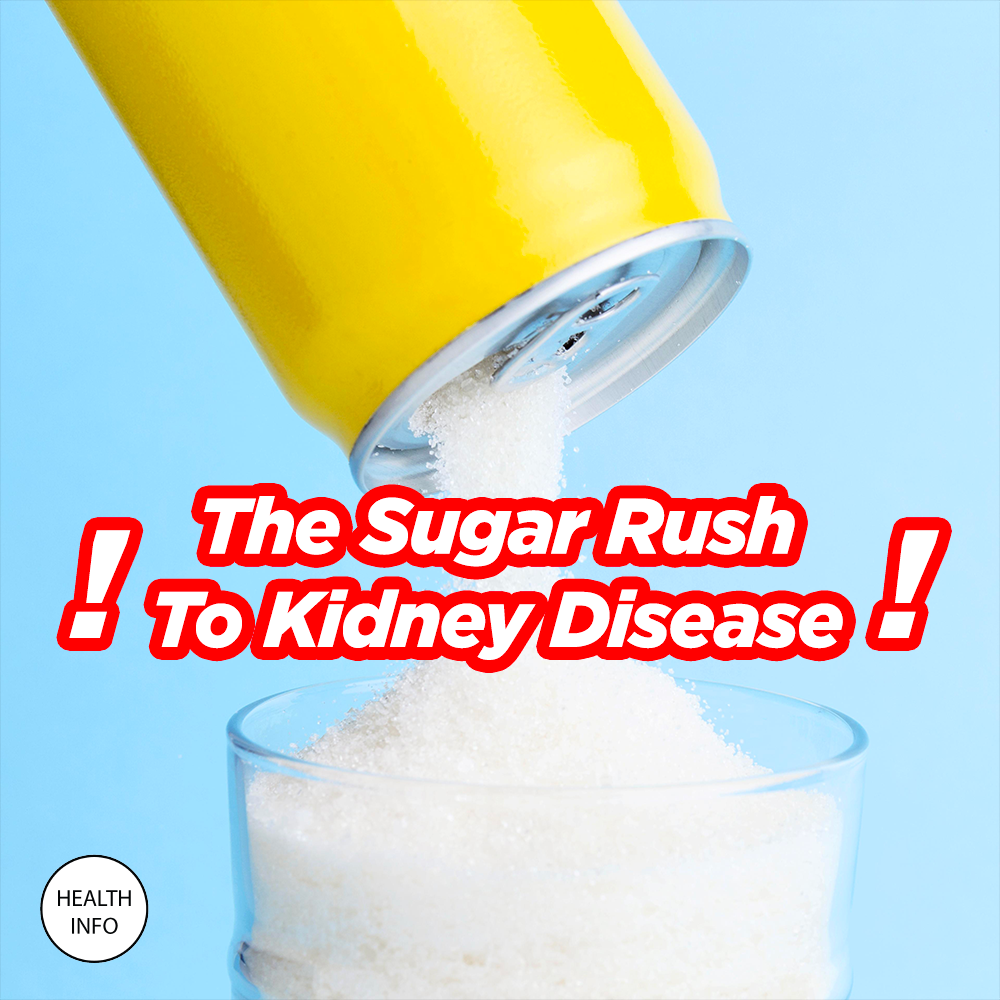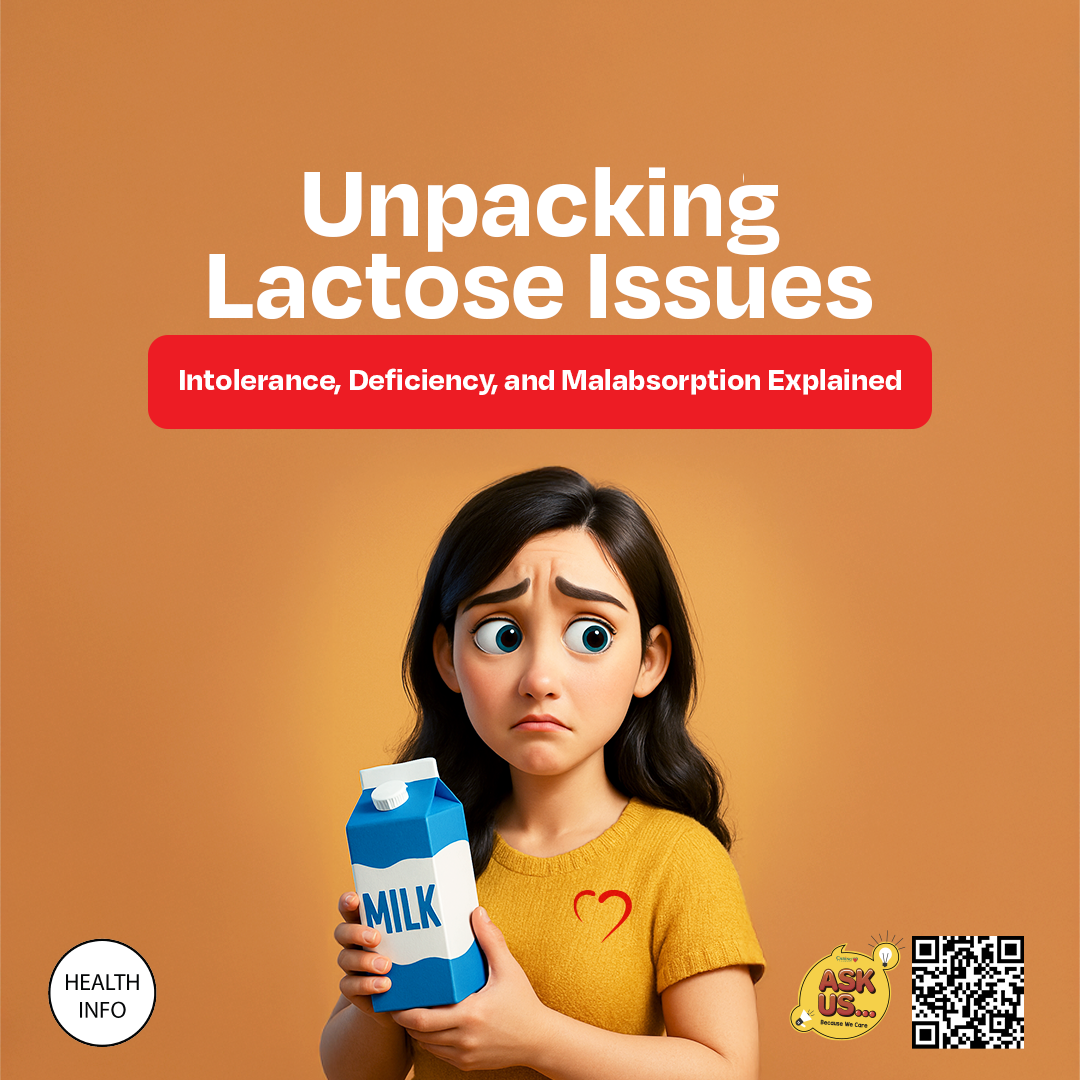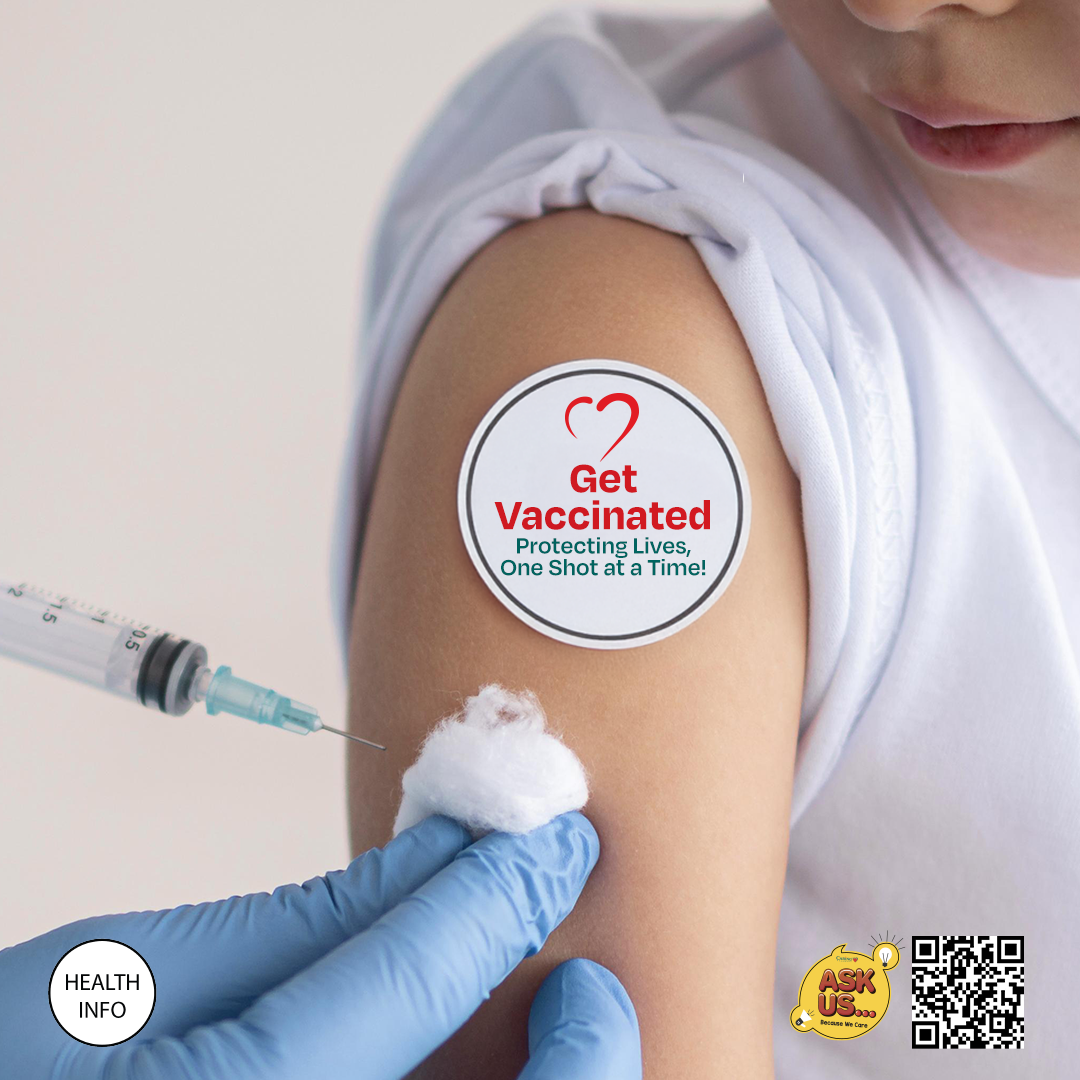
Haven’t we heard it all before? Go Kurang Manis, or your kidneys will go! Yes, partially true. In fact, sugar doesn’t injure the kidneys unless blood sugar levels are too high and begins spilling into the urine. This usually happens in diabetes, where with poor blood sugar control, kidney damage becomes a serious concern. Furthermore, many people with diabetes also develop high blood pressure, which can further damage the kidney. So cut the sugar because you’re sweet enough!1
Sugar and kidney damage – what’s the big deal?
First, let’s understand what our kidneys are for2:
- Eliminates waste products from our bodies
- Maintains a balance of bodily fluids
- Maintain a stable blood pressure
- Helps manage bone health
- Plays a role in red blood cell production

Uncontrolled diabetes can damage the blood vessels of the kidney and destroy the kidney’s filters. This can cause a snowball effect of damage to the other kidney functions stated above and cause a build up waste in the blood.2

The HbA1C test indicates the average blood sugar level in the past 3 months. This can estimate how much damage high blood sugar is doing to your organs, including the kidneys. Ideally, it should be maintained at <6.5% for someone with diabetes and anything higher may pose a threat to the kidney function in the long run.3
Goal: Healthier Kidney
Chronic Kidney Disease (CKD) develops slowly with high blood sugar and is often without symptoms. Thus, those with diabetes are encouraged to get routine kidney checks via blood and urine tests when prompted by the doctor.
Tips for a healthier kidney1:
- Keep your blood sugar levels in your target range as much as possible.
- Check your blood pressure regularly and discuss target ranges with your doctor
- Make efforts to maintain healthy cholesterol levels
- Take your medications as directed
- Reduce foods rich in salt. More fruits and vegetables!
- Exercise for at least 150 minutes weekly
There’s much we can do to prevent kidney disease. It all starts with education. So, don’t hesitate to drop by Caring Pharmacy to find out more!
References:
- Diabetes and Chronic Kidney Disease. Centers for Disease Control and Prevention (CDC). (Web accessed August 2023). Web link: https://www.cdc.gov/diabetes/managing/diabetes-kidney-disease.html#:~:text=Each%20kidney%20is%20made%20up,which%20can%20damage%20kidneys%20too.
- Diabetes and Kidney Disease (Stages 1-4). National Kidney Foundation. (Web accessed August 2023). Web link: https://www.kidney.org/atoz/content/Diabetes-and-Kidney-Disease-Stages1-4
- Sugar and Your Kidneys. National Kidney Foundation. (Web accessed August 2023). Web link: https://www.kidney.org/content/sugar-and-your-kidneys
Latest Health Info
Unpacking Lactose Issues: Intolerance, Deficiency, and Malabsorption Explained
Ever wonder why some people, or even yourself, are suffering from lactose intolerance? Lactose, the primary sugar in milk and ...
Detect to Protect: Why Cancer Screening Matters
Cancer is a complex group of diseases characterised by the uncontrolled growth and spread of abnormal cells in the body. ...
Get Vaccinated: Protecting Lives, One Shot at a Time
Vaccines are among the most powerful tools in medicine, saving millions of lives by preventing serious diseases. From children to ...




